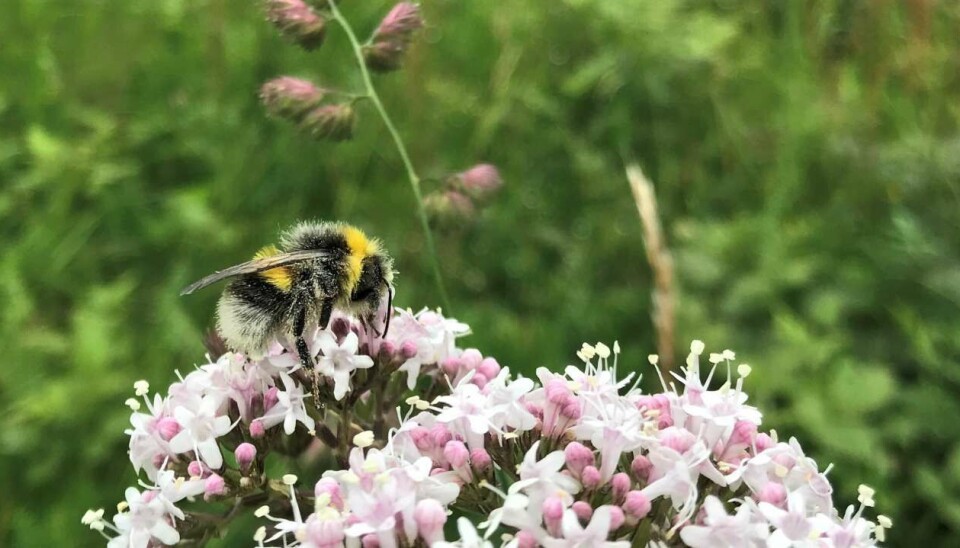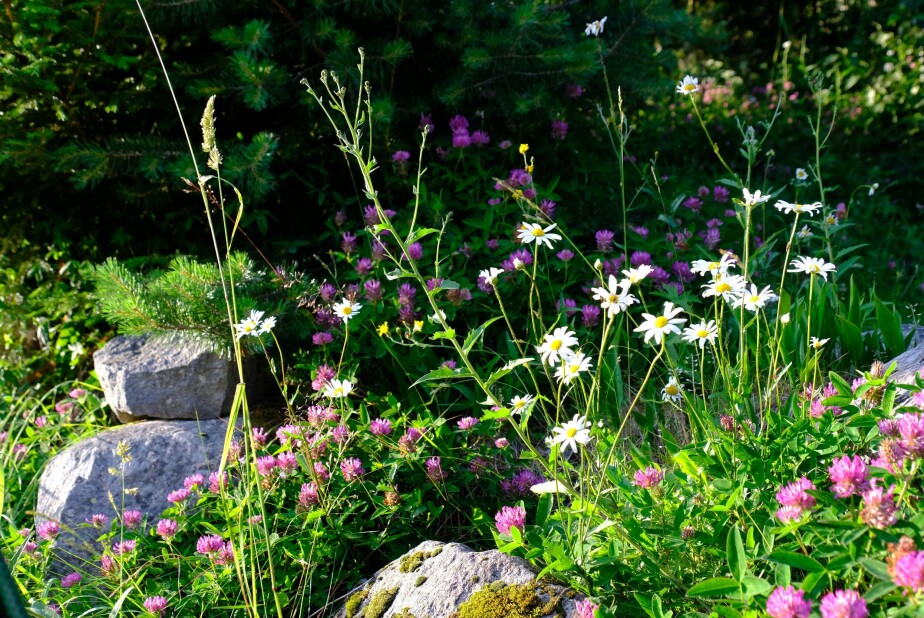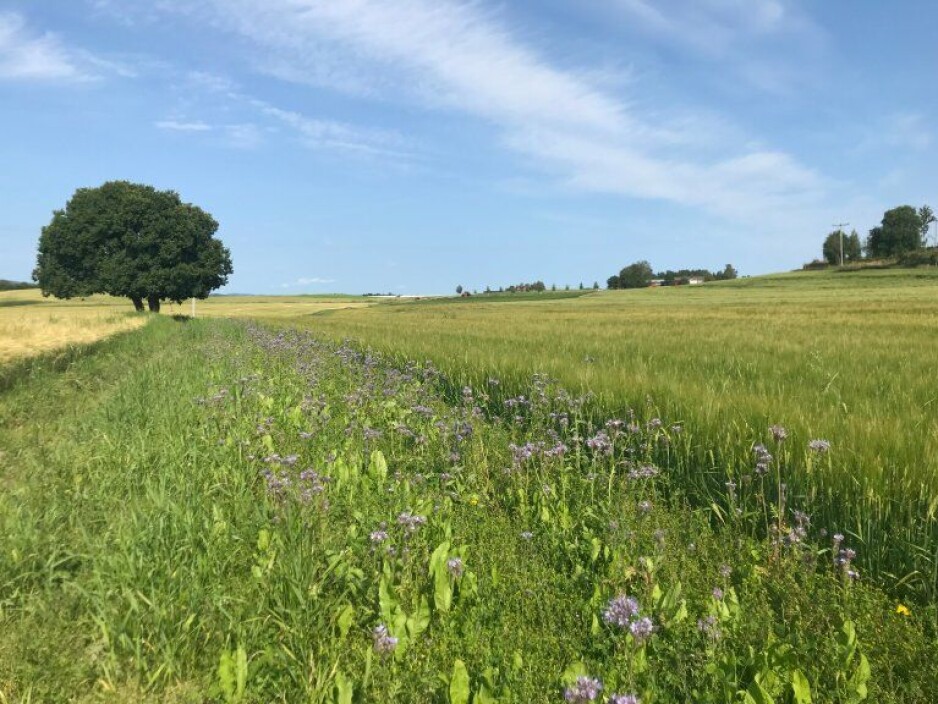THIS ARTICLE/PRESS RELEASE IS PAID FOR AND PRESENTED BY NIBIO - Norwegian Institute of Bioeconomy Research - read more

Pollinators feed the world - now they need our help
Pollinating insects play an important role in terrestrial ecosystems and are essential for national and global food production.
Almost 90 per cent of the world's wild plants depend on pollinators. In addition, as many as 75 per cent of cultivated plant species need pollinators, including many fruit and vegetable varieties.
Unfortunately, pollinating insects are exposed to a number of threats, e.g. land-use changes in agriculture, urban development, infrastructure, climate change, alien invasive species, and the use of pesticides.
Today, one third of wild bee species are under threat. However, all is not lost. There are numerous things that can be done to make life easier for these vital insects, both at a national and regional level. Not least, we can help them locally, for example by planting insect-friendly plants in our gardens.
In a new video, NIBIO presents some ways in which we can create good living conditions for our pollinating friends.
“One of the main reasons for pollinator decline is the loss of habitats, for example due to changes in the agricultural landscape,” says NIBIO researcher Dr. Svenja B. Kroeger.
“The optimal habitat for pollinators is flower rich. By providing pollinators with wildflower strips, for example between fields, we can ensure food and shelter for a wide range of insects.”

NIBIO is committed to pollinators
NIBIO is actively involved in both national and international projects investigating the condition of pollinators and their habitats. The ecosystem services they provide are also of great interest.
“What we want to gain more knowledge on, among other things, is how urbanization affects the diversity of pollinators,” says Dr. Marie Vestergaard Henriksen, researcher at NIBIO's department for cultural landscapes and biodiversity.
“We are also concerned with how to best manage the pollinators’ existing habitats, and how we can create new habitats.”

Everyone can contribute
In 2018 the Norwegian government presented a National Pollinator Strategy with associated financial support schemes. This has contributed to a growing interest among both government bodies and farmers to manage and establish pollinator habitats.
“But we mustn’t forget that each and every one of us can also contribute on an individual basis. This can be done relatively easily, by keeping insect-friendly flowers in our gardens or on our balconies for example,” says Svenja B. Kroeger.
“It is of utmost importance to take action now, before it is too late,” she adds. “We need our pollinating insects, but they need us too. Together, we can make a difference.”





































